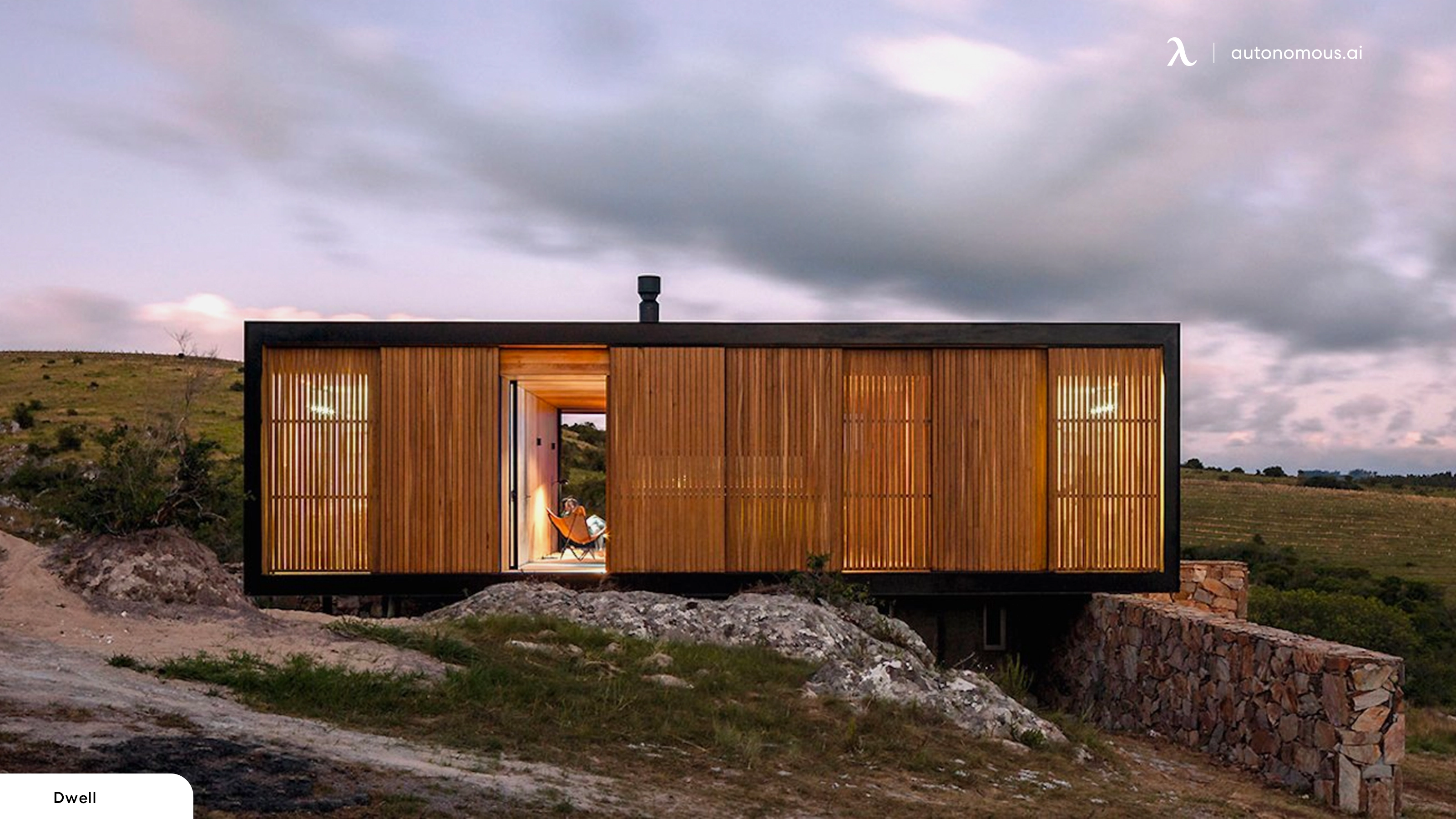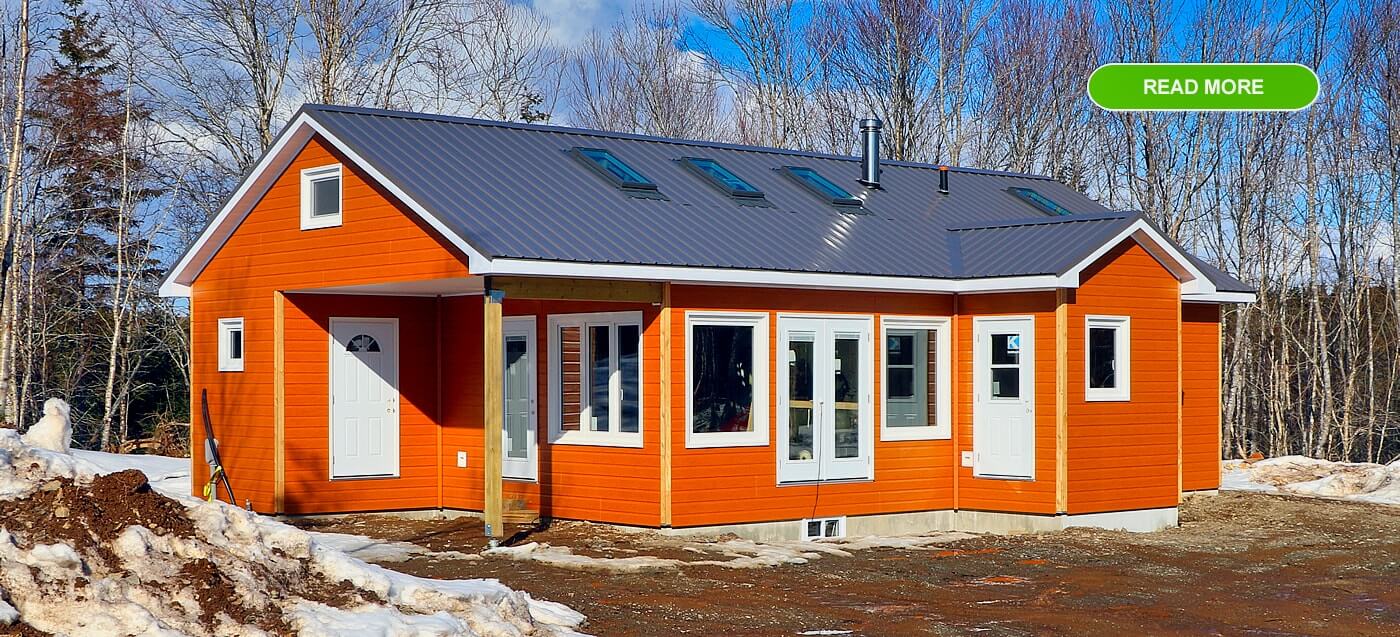Off-Grid Living Quebec A Comprehensive Guide
Off grid living quebec – Off-grid living Quebec is gaining traction as more people seek self-sufficiency and a simpler lifestyle. This burgeoning trend, however, requires careful planning and understanding of the unique legal, logistical, and environmental challenges presented by Quebec’s diverse landscape and regulations. From navigating permit applications for off-grid dwellings to designing sustainable energy systems suitable for Quebec’s harsh winters, the path to self-reliance in this province presents both rewards and significant hurdles.
This guide delves into the intricacies of off-grid living in Quebec, providing a practical roadmap for those considering this lifestyle change. We explore the legal framework governing off-grid dwelling construction, suitable locations considering access to resources and emergency services, essential system designs for water, energy, and waste management, and sustainable practices for minimizing environmental impact. We also address the social aspects of off-grid living, highlighting the importance of community integration and the unique challenges and benefits of remote living.
Legal and Regulatory Aspects of Off-Grid Living in Quebec: Off Grid Living Quebec
Embarking on off-grid living in Quebec requires navigating a complex web of legal and regulatory hurdles. Understanding the permitting process, water and wastewater regulations, property tax implications, and renewable energy licensing is crucial for prospective off-gridders to ensure compliance and avoid potential penalties. This overview provides a general understanding; consulting with relevant authorities is essential for specific situations.
Building Permits for Off-Grid Dwellings
The process of obtaining a building permit for an off-grid dwelling in Quebec largely mirrors that of on-grid construction, but with added considerations for unique aspects such as water supply and waste disposal. Applicants must submit detailed plans to their local municipality, demonstrating compliance with building codes and zoning regulations. These plans must include specifics on the structure’s design, materials, and systems for water, wastewater, and energy.
The municipality will review the plans and may require modifications to ensure safety and compliance. The approval process can vary significantly depending on the location and complexity of the project. Expect delays and thorough inspections.
Water Usage and Wastewater Disposal Regulations, Off grid living quebec
Quebec’s Ministry of Environment and the Fight Against Climate Change (MELCC) regulates water usage and wastewater disposal. Off-grid systems must adhere to strict standards to prevent water contamination and protect the environment. For water supply, this typically involves obtaining permits for well drilling and ensuring the water meets potability standards. Wastewater disposal necessitates the installation of approved septic systems, often requiring professional design and installation to ensure proper treatment and avoid environmental impact.
The specific requirements vary based on soil conditions, location, and the volume of wastewater generated. Regular inspections and maintenance are typically mandated.
Property Taxes for Off-Grid Properties
Property taxes in Quebec are generally assessed based on the assessed value of the land and improvements. While there isn’t a specific tax distinction between on-grid and off-grid properties, the assessed value may reflect the simpler construction and potentially lower value of some off-grid dwellings. However, this can vary widely based on location, land size, and the quality of the dwelling.
For example, a large, secluded property in a rural area might have a lower tax rate than a smaller lot in a more developed area, regardless of its on or off-grid status. Municipal tax rates differ across Quebec; it’s essential to contact the relevant municipality for specific information on property tax rates.
Licenses and Permits for Renewable Energy Systems
Installing renewable energy systems like solar panels, wind turbines, or small-scale hydro systems requires obtaining the necessary permits and licenses. The MELCC and Hydro-Québec (the provincial electricity utility) play key roles in regulating these systems. Permits are usually needed for the installation itself, ensuring adherence to safety standards and environmental protection regulations. Depending on the system’s size and location, connection to the electrical grid might be possible, requiring additional approvals and potentially impacting property taxes.
In some cases, micro-hydro systems may require additional permits from the provincial government or local authorities due to water rights considerations.
Embarking on off-grid living in Quebec demands meticulous preparation and a deep understanding of the provincial regulations and environmental realities. While the challenges are substantial, the rewards—self-sufficiency, connection with nature, and a simpler lifestyle—are equally compelling. This guide offers a starting point for your journey, highlighting the key considerations and practical steps involved in building a sustainable and fulfilling off-grid existence in the beautiful, yet demanding, landscape of Quebec.
Careful planning and a commitment to sustainable practices are key to success.
Examine how off grid living checklist can boost performance in your area.





